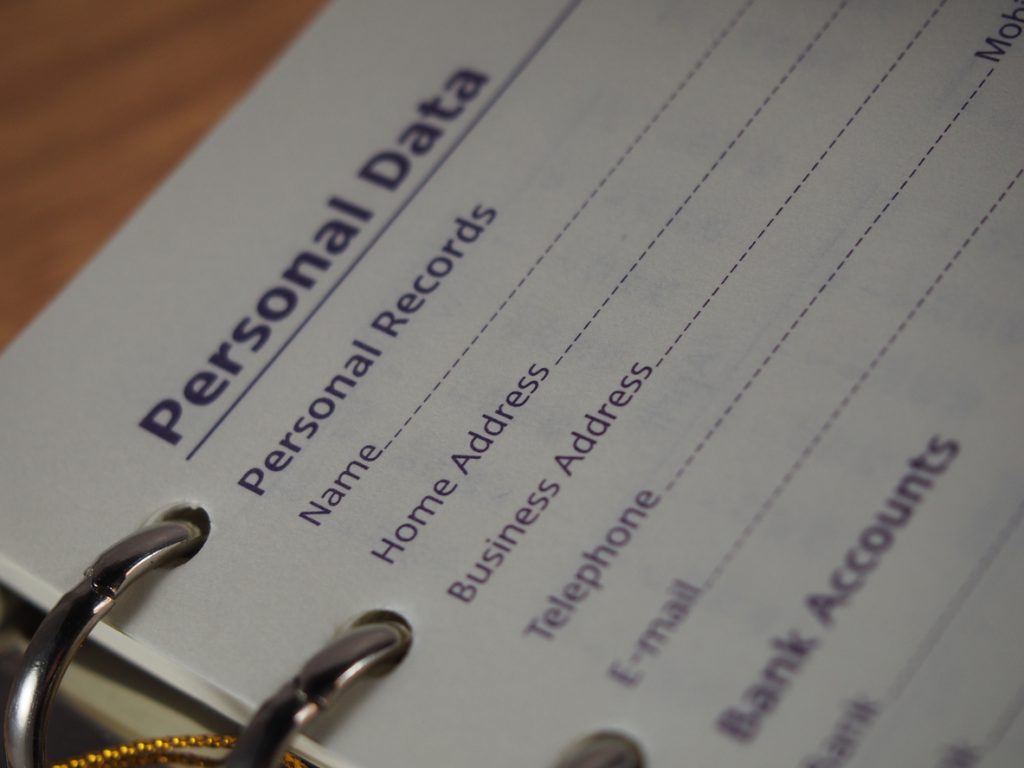Imagine you’re a marketing director, sipping your morning coffee and scrolling through emails. Suddenly, you come across a headline: “Company Fined €20 Million for GDPR Non-Compliance.” Your heart skips a beat. Could this happen to your organization? Are you fully compliant with GDPR? What does GDPR compliance even entail? This guide is designed to answer these questions and more, offering everything you need to know about GDPR compliance.
Key Principles of GDPR Compliance
The General Data Protection Regulation (GDPR) is a privacy law enacted by the European Parliament in April 2016 and became enforceable on May 25, 2018. It replaced the 1995 Data Protection Directive and aims to standardize data protection laws across the EU. Understanding its them is crucial for any organization operating within the EU or dealing with EU citizens’ personal data.
What Are the Seven Key Principles?
The core of GDPR is built on seven principles that govern the processing of an individual’s data. These principles serve as the foundation for any organization’s data protection measures and are crucial to be GDPR compliant Let’s delve into each one:
Lawfulness, Fairness, and Transparency
The first principle, often grouped as one, mandates that data related to an individual must be processed lawfully, fairly, and in a transparent manner. This means that organizations must have a legitimate reason for collecting data and must do so in a way that doesn’t deceive or mislead the data subject. Transparency is key; individuals should know exactly what data is being collected and how it will be used.
Purpose Limitation
Data should be collected for specified, explicit, and legitimate purposes and not further processed in a manner that is incompatible with those purposes. In simple terms, if you collect data for one reason, you can’t then use it for an entirely different one without proper consent.
Data Minimization
This principle focuses on collecting only the data that is absolutely necessary for the intended purpose. Organizations should not collect excessive information and should think critically about what data is essential for fulfilling their stated objectives.
Accuracy
The data collected and processed must be accurate and up-to-date. Any inaccurate data should be corrected or deleted as soon as possible. This principle places the onus on organizations to ensure the quality of the personal data they handle.
Integrity and Confidentiality
Also known as the “security principle,” this mandates that personal data must be processed in a manner that ensures its security. This includes protection against unauthorized or unlawful processing, accidental loss, destruction, or damage. Organizations must implement appropriate technical and organizational measures to safeguard data.
Accountability
Although not explicitly listed as one of the original seven principles, accountability is often considered a key aspect of GDPR. Organizations must take responsibility for the data they collect and how they process it, demonstrating compliance with all the other principles.
Understanding these seven principles is not just a compliance requirement but a best practice that can significantly mitigate risks and protect an organization’s reputation. They form the backbone of GDPR and serve as a comprehensive guide to the management and handling of data.

The Benefits of GDPR: Personal Data Privacy
Personal data is at the heart of GDPR compliance. The regulation aims to allows individuals to protect personal data, empowering them with the right to know how their information is being used, stored, and shared. But what exactly constitutes personal data under GDPR? The term is broad and includes a variety of information types that could be used to identify an individual. Here’s a list to clarify:
Types of Personal Data
- Basic Information: Names, addresses, phone numbers, and even usernames
- Identification Numbers: Social security numbers, driver’s license numbers, and passport numbers
- Web Data: IP addresses, location data, and cookie data
- Health and Genetic Data: Any information related to an individual’s physical or mental health, as well as genetic data
- Biometric Data: Fingerprints, facial recognition, and other biometric data used for identification
- Racial or Ethnic Data: Information about an individual’s race or ethnicity
- Political Opinions: Political affiliations or opinions
- Sexual Orientation: Information about an individual’s sexual orientation is considered sensitive and is subject to stricter regulations.
- Religious Beliefs: Like political opinions and sexual orientation, religious beliefs
- Financial Information: Bank account details, credit card numbers, and other financial information
Understanding what constitutes personal data is crucial for any organization aiming to comply with GDPR. It’s not just about collecting information; it’s about respecting the privacy and security of the individuals behind that data. By being aware of what qualifies as personal data, organizations and data protection officers (DPO) can take more effective steps to protect it, thereby ensuring GDPR compliance and building trust with their customers.
The Consequences and Fines of a Data Breach
A data security breach is not just a technical issue but a significant legal and reputational risk for any organization. Under GDPR, the consequences of a data breach can be severe, including hefty fines and long-lasting damage to your brand. But what exactly does GDPR say about fines and reporting breaches?
Financial Penalties
GDPR outlines a tiered approach to fines, allowing for a more nuanced system of penalties. The fines can go up to €20 million or 4% of the company’s annual global turnover, whichever is higher. The severity of the fine depends on several factors, including the nature of the infringement, whether the data exposure was intentional or negligent, and what steps the organization took to mitigate the damage.
Reporting Requirements
One of the most stringent requirements under GDPR is the obligation to report a breach within 72 hours of becoming aware of it. Failure to report within this timeframe can result in additional fines. The report must include the nature of the personal data compromised, the categories and approximate number of data subjects affected, and the measures taken to address the breach.
Additional Consequences
Beyond financial penalties, organizations should also consider the reputational damage that can result from a security breach. Customers are less likely to trust a company that has suffered a data leak, and rebuilding that trust can be a long and costly process. Moreover, data subjects have the right to claim compensation for material and non-material damage resulting from a data spill, adding another layer of potential costs.
How Prepared Is Your Organization?
Given these severe consequences, it’s crucial to ask: How prepared is your organization to handle a breach? Do you have systems and processes in place to detect and report them promptly? Are your employees trained to handle such incidents? These are critical questions that every organization must address to ensure compliance with GDPR and to protect their reputation.

EU GDPR: A Comprehensive Data Protection Regime
GDPR is not just an EU regulation; it has a global impact. Any organization that collects and processes the personal data of EU citizens must comply with GDPR requirements. This makes GDPR one of the most comprehensive data protection regimes in the world.
How Wizaly Can Be Your Guide to GDPR
Navigating the complexities of GDPR compliance can be daunting, but you don’t have to go it alone. Wizaly offers a range of compliance services designed to help organizations monitor and maintain compliance with GDPR. Here’s how Wizaly’s unique approach can benefit your organization:
Privacy Compliant Mode for Data Management
One of Wizaly’s standout features is its Privacy Compliant Mode, a solution that combines both client-side and server-side tracking. This approach offers a balanced way to collect data while ensuring compliance with GDPR. By using Privacy Compliant Mode, organizations can maintain the quality of their data without compromising on data privacy and security.
Comprehensive Reporting
Wizaly’s platform provides comprehensive reporting features that allow organizations to keep a close eye on their data processing activities. These reports can be customized to suit your specific needs, ensuring that you have all the information you need to monitor compliance effectively.
Customizable Solutions
Every organization is different, and Wizaly understands this. That’s why they offer customizable solutions tailored to your specific compliance needs. Whether it’s data management, reporting, or other aspects of GDPR compliance, Wizaly’s platform can be adapted to meet your unique requirements.
By leveraging Wizaly’s comprehensive approach to GDPR compliance, organizations can not only meet the legal requirements but also build trust with their customers. Wizaly’s platform offers a robust, customizable solution for managing the challenges of GDPR, making it an invaluable asset for any organization looking to ensure compliance.
The Importance of GDPR Compliance Services
GDPR compliance is not just a legal requirement but a way to build trust and safeguard your organisation’s reputation. Understanding its key principles, the importance of personal data, and the consequences of non-compliance is crucial for any marketing director or higher-level executive. If you’re looking to ensure compliance with GDPR, reach out to Wizaly today for a comprehensive solution tailored to your needs.



